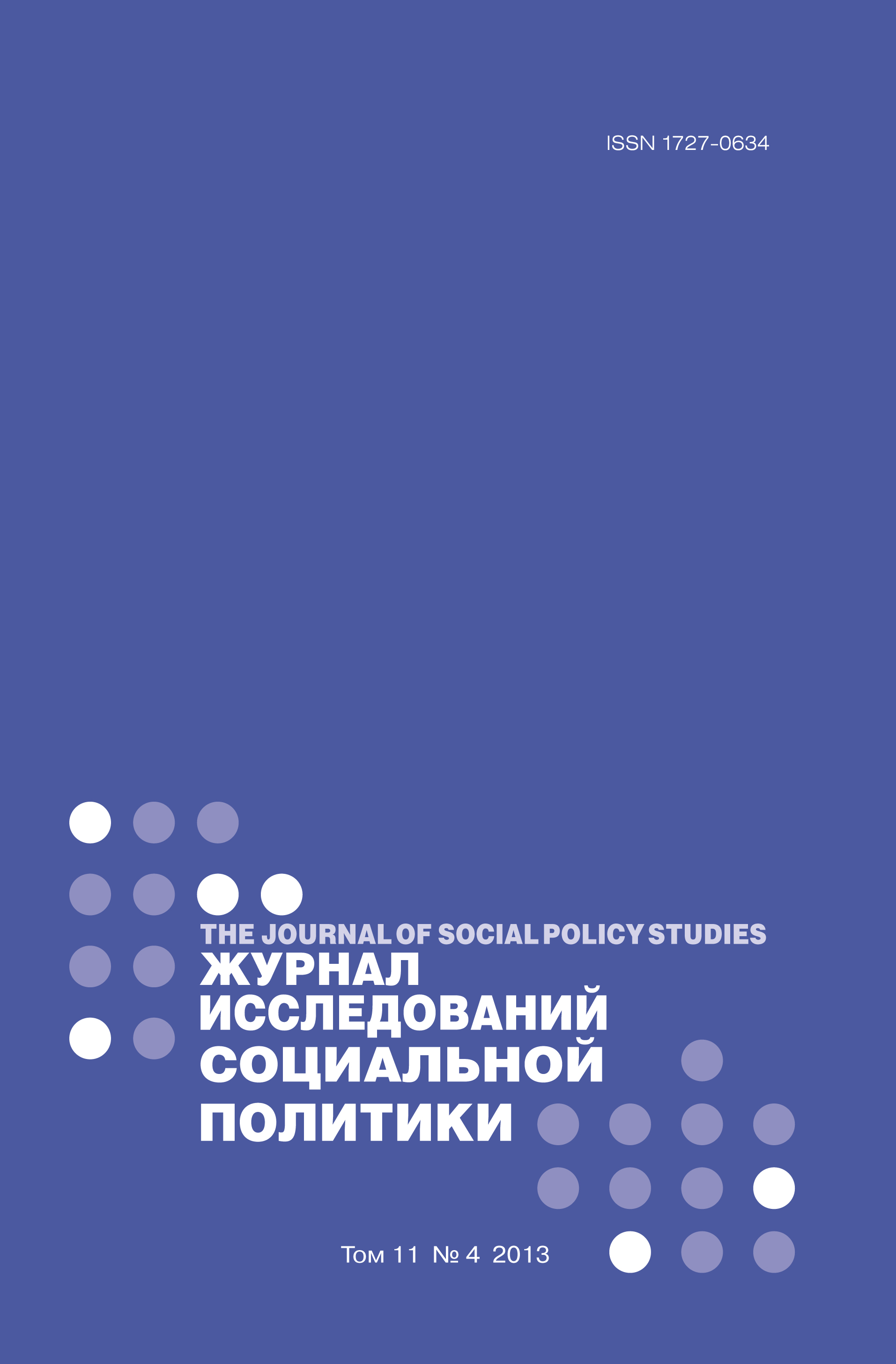A path to inclusive education in Petropavlovsk, Kazakhstan
Abstract
This case study chronicles the decision of two people, a school principal anda former athlete to enroll 20 students with special needs in a mainstreamschool in Petropavlovsk, Kazakhstan more than 10 years ago. What startedout as an experiment is now a resource for the region and an example of thebeginnings of inclusive education in Kazakhstan. In 1999 Mr. Shakshakbaevproposed to the regional educational authorities the establishment of a rehabilitationcenter that would eventually be called the "State Experimental Centerfor Rehabilitation and Adaptation for Child Invalids with Limited Mobility".This represented a significant break from traditional Soviet policy,which kept students with physical disabilities in their homes for homeschooling.It is uncertain how many children with disabilities remain at home.Estimates collected by the OECD (2009) suggest the number may be as lowas 12,500 or as high as 55,000. The school now has a reputation as an inclusiveschool and is beginning to expand its services to support children withother types of special-education needs. For example, this has attracted twocurrent students who otherwise would attend a special school for hearingimpairedstudents, although it still probably deters some parents from bringingtheir children to the school. It probably has deterred some teachers aswell. However, because of its good reputation, the school has not lost teachersor students as a result of its inclusive policy since that first year. Nowthe faculty at School 13 and the staff of the Center collaborate to support the20 children who live at the Center and attend School 13. Inclusion is officialnational policy in Kazakhstan, and the government’s goal is for 70 percent ofschools to be accepting students with special educational needs by 2020(State Program 2010). Yet few schools in the country have taken concretesteps toward implementing this policy. The experience of School 13 providesinsights into the process of including students with special educationalneeds in regular schools and may provide some lessons for schools elsewhereabout the process of achieving greater inclusion.















